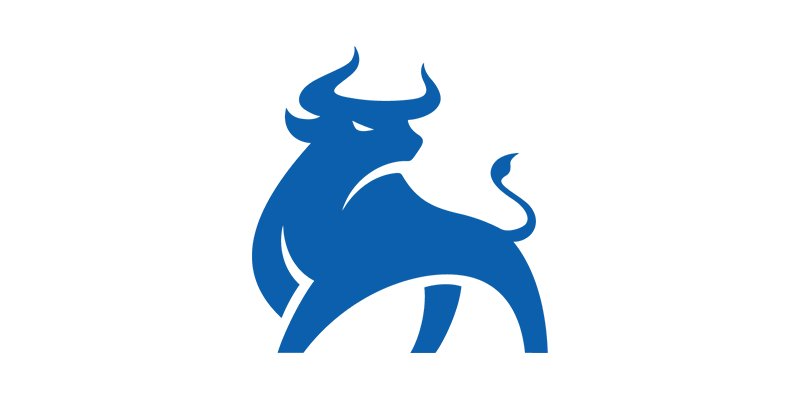Popular online brokerage Robinhood Markets, more commonly known simply as Robinhood, finally filed IPO paperwork at the beginning of July 2021. Launched in March 2015 with $3 million of venture capital, the company has transformed from fintech startup “disruptor” to arguably the most popular trading app by name in the world. The company lost a lot of its luster for the part it played during the infamous GameStop short squeeze and was recently fined $70 million by the Financial Industry Regulatory Authority (FINRA). Despite this, analysts still seem bullish on the upcoming IPO.
The brainchild of co-founders Vladimir Tenev and Baiju Bhatt, Robinhood was lauded for disrupting the online retail brokerage business. By offering commission-free trades via a slick mobile app, Robinhood leveraged a regularly ignored group – young people new to investing. The tactic proved successful, and as of July 2021 the company has 18 million active accounts, with $80 billion in assets under custody. However, public opinion has soured after the role the company played in the GameStop (and “meme stock”) fiasco.
In late January 2021, GameStop stock started a meteoric rise, famously captivating the world. The dramatic share price increase was being touted as one of the greatest transfers of wealth of all time – until online brokerages stepped in, restricting trading of GameStop. Robinhood was not the only online broker to suspend purchasing of GameStop shares, but they were perhaps the most prominent.
Retail investors were furious, and the main target of their fury was Robinhood. Investors weren’t the only ones who targeted Robinhood, as the aftermath of the GameStop situation led to multiple lawsuits against the company, including for wrongful death by the family of Alex Kearns, a 20-year-old customer who took his life last summer after believing he had racked up big losses on the millennial-favored stock trading app.
Robinhood’s CEO, Vladimir Tenev, was called to testify to the U.S. House Financial Services Committee regarding the GameStop fiasco. Legislators grilled Tenev over payment for order flow, the subsidy Robinhood receives from market makers for bringing them trades. In the first quarter of 2021, Robinhood collected $331 million for payment for order flow.
In late June 2021, FINRA announced it had fined Robinhood $57 million and ordered the company to pay almost $13 million in restitution, plus interest, to thousands of harmed customers. FINRA said that Robinhood customers “received false or misleading information from the firm, millions of customers affected by the firm’s systems outages in March 2020, and thousands of customers the firm approved to trade options even when it was not appropriate for the customers to do so.”
Despite all of this negative attention, Robinhood’s fundamental business model has not changed. The company’s revenue has skyrocketed and they continue to add new users. Analysts are expecting that the company should be able to shrug off its most recent controversies and have a successful IPO.


